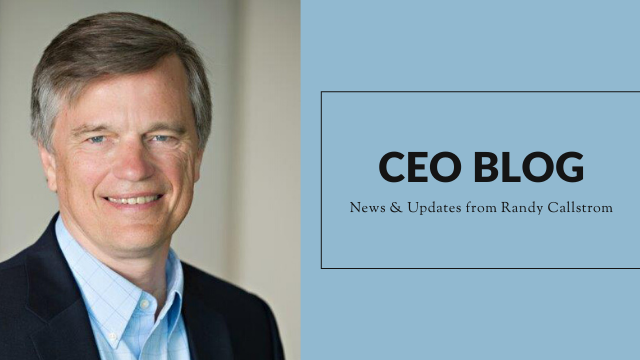
The House of Representatives Energy and Commerce Committee has been directed to reduce Medicaid spending by $880 billion over the next 10 years. That’s a big number and could have a devastating impact on Kansans.
Medicaid supports those who don’t have the money to pay for health care. In Kansas, you can only get Medicaid if you are a child of a family living in poverty, an adult with a disability, a pregnant woman living in poverty, or a senior living in a long-term care facility who has no financial resources.
There are no details yet on how the $880 billion in cuts would happen, but we do know that the cuts would hit vulnerable people the hardest.
The elderly living in nursing homes could be at risk of losing their housing and needed support services. People with disabilities could lose the ability to afford their healthcare and pay for medication. And people living with mental illness would not have a way of paying for their mental health services —services that help people remain stable and supported in their homes and communities. Without Medicaid helping to cover mental health care and medication costs, we would likely see more people ending up in psychiatric hospitals, which are already struggling to meet demand. Some of these individuals could also be at risk of harming themselves or others without the right care, while others may end up in jail.
Cuts in Medicaid would also harm healthcare agencies that are the safety net for those who lack the ability to pay for healthcare. Today, about 40 percent of the people we serve at Wyandot BHN are uninsured. For other local safety net providers in Wyandotte County, that number is even higher—closer to 46 percent. If Medicaid is cut and thousands more lose a way to pay for healthcare, the safety net that supports our most vulnerable neighbors would be at risk. That means fewer services, longer wait times, and more people going without the care they need.
If you’re concerned about how these changes could affect our community, I encourage you to reach out to your state and federal legislators. Let them know that Medicaid is a critical resource for the most vulnerable Kansans and that protecting access to care should be a priority.
